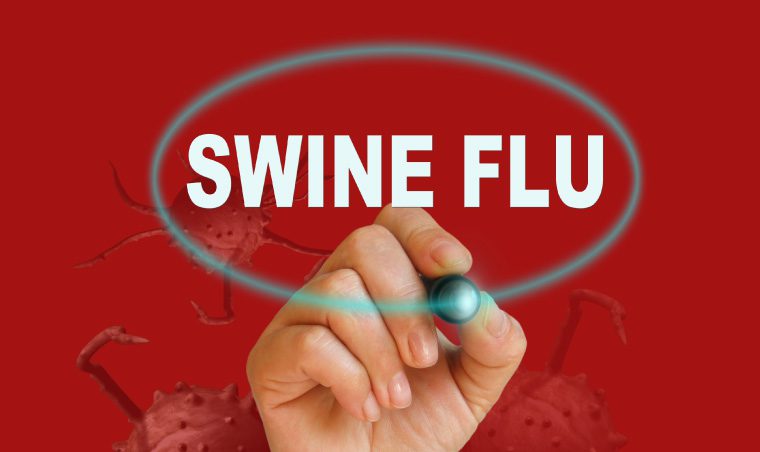Prepare Yourselves Against Swine Flu Outbreak
By Saksham Bhatia +2 more

Get more insightful and
helpful tips to
treat Diabetes for FREE



Download PharmEasy App




Register to Avail the Offer
Send OTPBy continuing, you agree with our Privacy Policy and Terms and Conditions
By Saksham Bhatia +2 more
Swine Flu cases have been reported in multiple parts of the country already. Usually, the august-september weather is rife for the spread of the swine flu.

But the good news is swine flu is easily manageable and if you are very careful, you can even avoid catching the flu. But to be able to do that, you must arm yourself with an understanding of the disease.
Table of Contents

Swine flu was initially reported among pigs, but when human infection with swine flu viruses (H1N1 or H3N2) happens, the viruses are called variants and denoted as H1N1v or H3N2v. The infection is commonly called swine flu. The most common variant of Swine Flu is H1N1v. It is a kind of Influenza virus and its symptoms are similar to common flu.
During the 2009-10 flu season, swine flu became so common that the WHO branded it a pandemic. It is no longer a pandemic, but globally, every year, swine flu affects many people.
Swine Flu is caused by a type of influenza virus. H1N1 is the common variant responsible for swine flu infection in humans. It is a contagious strain of influenza and easily spreads from –

The most common swine flu symptoms to watch out for are-
H1N1 symptoms can hardly be differentiated from those caused by the flu. Hence. It is important to talk to a doctor when you note any of these symptoms.
Anyone, irrespective of age, can contract Swine Flu. However, certain groups are identified as high-risk groups. They are-

Your doctor will advise RT PCR test for swine flu and other blood tests to diagnose the infection.
If you are diagnosed with Swine Flu, treatment may include anti-viral medicines. In most cases, doctors may not prescribe anti-virals because swine flu goes away on its own. Treatment involves relieving the symptoms and so you may have to take paracetamol for your body ache/headache and fever or decongestants for your nose.
You can try steam therapy to unclog your nose and sinuses. The doctor may also suggest some health supplements to help you get back on your feet faster.
Good hydration and nutrition are important.
Do not try to self-diagnose or self-treat this infection, as it has taken away many lives.

Since Swine Flu is so prevalent now, doctors suggest that people get vaccinated. The Flu shot needs to be taken once a year.
Other precautions are similar to the ones we observe for COVID-19-
Also Read: Caution Aftercare: What to Avoid After Receiving Your Flu Shot
Swine flu cases are on the rise in India. So it is best to be prepared. Talk to your doctor and opt for yearly vaccination. Maintain personal hygiene and try to live a healthy lifestyle so that your immunity stays strong.
Disclaimer: The information included on this site is for educational purposes only and is not intended to be a substitute for medical treatment by a healthcare professional. Because of unique individual needs, the reader should consult their physician to determine the appropriateness of the information for the reader’s situation.

Leave your comment...
Comments